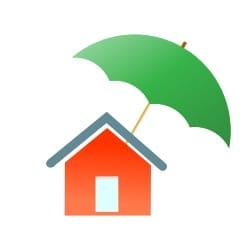 Gov. Scott and a panel of lawmakers have called for changes that will provide greater awareness.
Gov. Scott and a panel of lawmakers have called for changes that will provide greater awareness.
Governor Rick Scott, along with a number of lawmakers in Florida, have announced that they will be seeking to provide residents of the state with better education regarding the hidden costs linked with homeowners insurance and the “house of cards” that will collapse in the wake of a major storm.
The governor spoke at a summit at Disney for the Florida Chamber of Commerce.
He explained that solid efforts are required to make certain that Florida homeowners insurance policyholders are better aware of the state efforts that are being made to strengthen the market in some of the areas of the state that are at the greatest hurricane risk. It pointed out that these programs will probably cause assessments across the board when the state-backed insurers is no longer capable of meeting its claims payments requirements.
A recent survey showed that 80 percent of homeowners insurance customers don’t know about possible assessments.
These consumers are unaware of the fact that if the Florida Hurricane Catastrophe Fund and Citizens Property Insurance Corp. find themselves unable to make their claims payments following a major storm, then it is the policyholders who will be charged assessments.
The governor also pointed out that the state backed homeowners insurance company, Citizens, must keep up its efforts to spread the word of what he is labeling a possible “hurricane tax”. This is because the insurer has moved from its position as a last resort coverage option to the largest property coverage provider in the state. It currently has almost 1.5 million policyholders. Scott stated that “To make the dream of home ownership available we must reduce the size of Citizens.” He added that “It cannot be the insurer of first resort.”
A subsequent lawmakers panel admitted that any fundamental changes that are made to the insurer will be very challenging. There is already significant controversy and struggle associated with the economic issues that are connected with providing homeowners insurance to a state where 80 percent of its residents reside close to a hurricane prone coastline.
